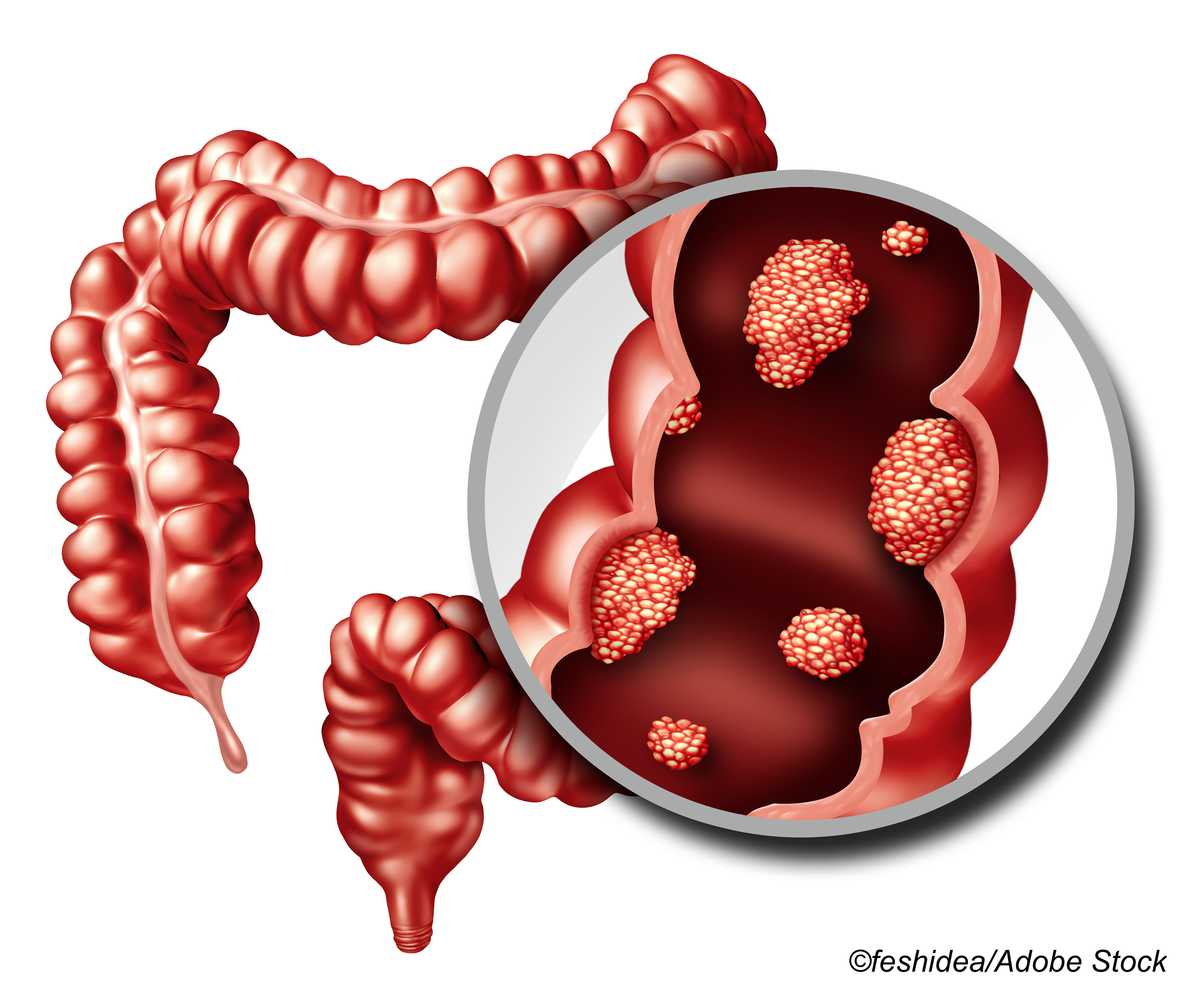A study from Japan is among the first to show significant increases in later stage compared to early stage colorectal cancers identified during the Covid-19 pandemic.
Findings from the retrospective study involving around 5,000 patients diagnosed with esophageal, gastric, colorectal, pancreatic, liver, or biliary tract cancers suggest that screening and diagnostic delays related to Covid-19 may have deferentially impacted the stage at diagnosis of different cancers.
Compared to the pre-Covid period, significant decreases were seen in the diagnosis of stage I gastric cancer and stage 0-to-II colorectal cancer, while significant increases were observed for the diagnosis of stage III colorectal cancer.
No significant increases were observed in the two time periods for esophageal, gastric pancreatic, liver, or biliary tract cancers.
“There is a possibility that stage II progressed to stage III (colorectal cancer) because of the diagnosis delay related to the Covid-19 pandemic,” wrote researcher Kento Kuzuu, MD, of Japan’s Yokohama City University School of Medicine, and colleagues.
Their findings were published online in JAMA Network Open Sept. 21.
The retrospective study included patients treated at two large medical centers in Japan from 2017 through 2020.
“Despite caring for patients with severe Covid-19 neither had a cluster outbreak, therefore, these two hospitals did not restrict consultation, examination, surgery, or chemotherapy,” the researchers wrote.
The hospitals did, however, comply with the Japan Gastroenterological Endoscopy Society’s recommendation to postpone gastroscopy and colonoscopy in April and May of 2020 due to the high risk of infection.
For the purposes of the analysis, the period before Covid-19 was defined from January 2017 to February 2020, while the Covid-19 period was defined as from March 2020 to December 2020.
The study population was made up of 5,167 patients, including 4,218 patients (67.0% men; mean age, 71.3) in the pre-Covid-19 period and 949 patients (64% men; mean age, 71.8 years) in the Covid-19 period.
Comparing the pre-Covid-19 period with the Covid-19 period:
- Significant declines were observed in the mean (SD) number of patients with newly diagnosed gastric cancer (30.63 [6.62] patients/month vs 22.40 [5.85] patients/month; –26.87% change; P <0.001) and colorectal cancer (41.61 [6.81] patients/month versus 36.00 [6.72] patients/month; –13.47% change; P=0.03).
- Significant declines were also observed in the mean (SD) number of cases of stage I gastric cancer (21.55 [5.66] cases/month versus 13.90 [5.99] cases/month; –35.51% change; P <0.001), stage 0 colorectal cancer (10.58 [3.36] cases/month versus 7.10 [4.10] cases/month; –32.89% change; P=0.008), and stage I colorectal cancer (10.16 [3.14] cases/ month versus 6.70 [2.91] cases/month; –34.04% change; P = 0.003).
- No significant increases were observed for esophageal, gastric, pancreatic, liver, or biliary tract cancers.
- A significant decrease was observed in the mean (SD) number of cases per month of stage II colorectal cancer (7.42 [3.06] cases/month versus 4.80 [1.75] cases/month; –35.32% change; P=0.01); a significant increase was observed for the mean (SD) number of cases per month of stage III colorectal cancer (7.18 [2.85] cases/month versus 12.10 [2.42] cases/month; 68.42% change; P<0.001).
Previous studies have shown that the numbers of patients decreased significantly for almost all cancer types during the Covid-19 pandemic, while this study showed significant decreases only for gastric and colorectal cancers.
“Interestingly, during the state of emergency, the overall number of patients with newly diagnosed gastrointestinal cancer decreased, although subsequent increases resulted in nonsignificant changes during the study period for most cancer types,” they wrote. “The number of endoscopes and return visits followed a similar course. However, the number of initial patient visits also increased after the state of emergency was declared but decreased significantly throughout the study period.”
The decline in stage II colorectal cancer during the pandemic and increase in stage III cases suggests that even though colorectal cancer is generally slow-growing, a relatively short time period of 6 to 12 weeks “may be a sufficient interval for colorectal cancer to progress.”
“Given the ongoing nature of the Covid-19 pandemic, it may have further negative effects on patients with cancers that are asymptomatic and/or typically detected via screening,” the researchers wrote.
“Thus, it is important to ensure that patients undergo necessary screening and surveillance without waiting for the pandemic to end, especially patients who require colonoscopy to potentially detect colorectal cancer. Moreover, given the speed of cancer progression, it is possible that the negative effects of the Covid-19 pandemic may become more pronounced over time, and further research is needed to better evaluate this issue.”
-
A study from Japan is among the first to show significant increases in later stage compared to early stage colorectal cancers identified during the Covid-19 pandemic in that country.
-
The findings suggest that screening and diagnostic delays related to Covid-19 may have deferentially impacted the stage at diagnosis of different cancers.
Salynn Boyles, Contributing Writer, BreakingMED™
The researchers declared no relevant disclosures related to this study.
Cat ID: 23
Topic ID: 78,23,730,933,16,23,190,926,192,927,925,934



